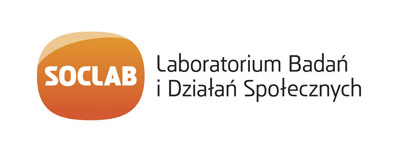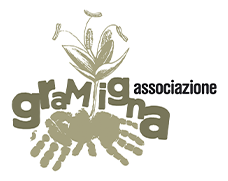EURECA
Good Practices


 Pictures:
Pictures:Photo CML
Greener social neighborhoods
Country:Main Subject:
Description:
The city of Lisbon has 67 social neighborhoods, housing the neediest families and contributing to their social inclusion. Three of them are considered eco-neighborhoods: Boavista, Cruz Vermelha and Padre Cruz, the bigger of the Iberian Peninsula with around 20,000 inhabitants. These neighborhoods, built between the 40s and 60s on the last century, have been the subject, in recent years, of a rehousing program due to the degradation of previous homes, the new ones are more environmentally sustainable.
The new buildings constructed are more accessible, with access ramps and an architectural design that allows future adaptations of the accommodation units to new family configurations. The buildings are built and equipped with: i) a higher level of isolation that protects against humidity and contributes to reducing energy consumption; ii) solar panels that provide hot water for each apartment; iii) rainwater collectors for watering small vegetable gardens; iv) light inputs in all directions to take advantage of natural light; v) use of bath water for toilet flushing.
In addition to housing that makes these neighborhoods examples of environmental sustainability, social inclusion and local development, there are other measures that contribute to this. In the Boavista neighborhood, more specifically, renewable energy technologies were installed in social buildings, such as solar panels that heat the water in the neighborhood's swimming pool, a pedestrian circuit (“PediBus”) was created and free Internet access was granted in the neighborhood (“Net-Verde”).
Environmental awareness actions were carried out in the three neighborhoods through the Eco-Bairro website and digital networks, sporting and recreational activities. Education for responsible water and energy consumption and cost savings was also promoted, with monitoring through community mediators.
Reference links:
https://www.lisboaenova.org/images/stories/Conferencias/2013/BoavistaAmbiente9Maio.pdf
https://lisboaenova.org/eco-bairro-boavista-ambiente-coopetir2/
https://pt.slideshare.net/LisboaENova/eco-caderneta-miolo
https://www.am-lisboa.pt/302000/1/013114,000420/index.htm
https://www.lisboa.pt/atualidade/noticias/detalhe/municipio-apoia-projetos-sociais-nos-bairros-padre-cruz-e-boavista
SDG direct/ indirect short justification:
- SDG1 - Eradicate poverty
Implementation of national measures and systems of social protection, to ensure equal rights to the economic resources. - SDG 7 - Affordable and clean energy
Increased participation of renewable energies; providing modern and sustainable energy services to the community. - SDG 11- Sustainable cities and communities
Reducing the environmental impact of electricity consumption in the city, universal access to public spaces, green, safe, inclusive and accessible.
Keywords:
City:
Questions:
- Why were housing in social neighborhoods integrated into a rehousing process?
- What features make new homes more sustainable?
- What environmental sustainability measures are implemented in the neighborhoods, in addition to new housing?
Authors:
Edu.In




